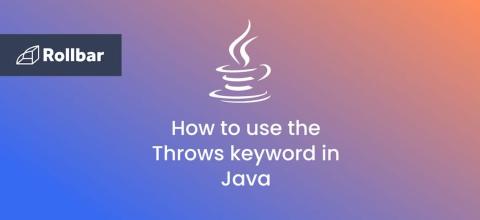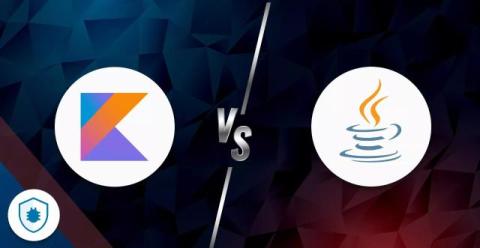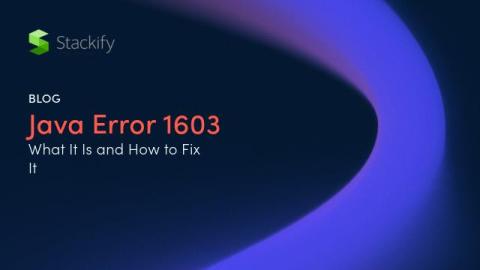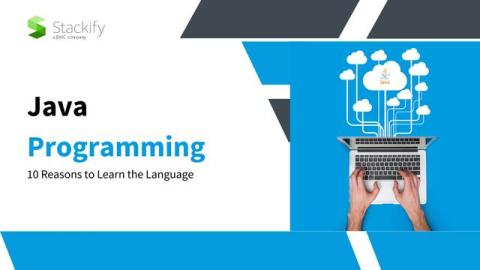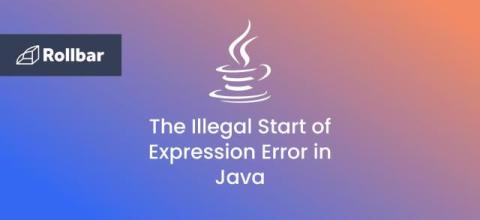How to use the Throws keyword in Java (and when to use Throw)
Imagine you're a postal worker sorting through a mountain of packages. Some packages are ticking suspiciously, while others are leaking mysterious liquids. As a responsible postal worker, you have two choices: deal with these problematic packages yourself (throw) or slap a big "HANDLE WITH CARE" sticker on them and pass them along to the next person in line (throws). Think of throw as actually creating an error in your program. You use it when something goes wrong and you want to stop the program.


